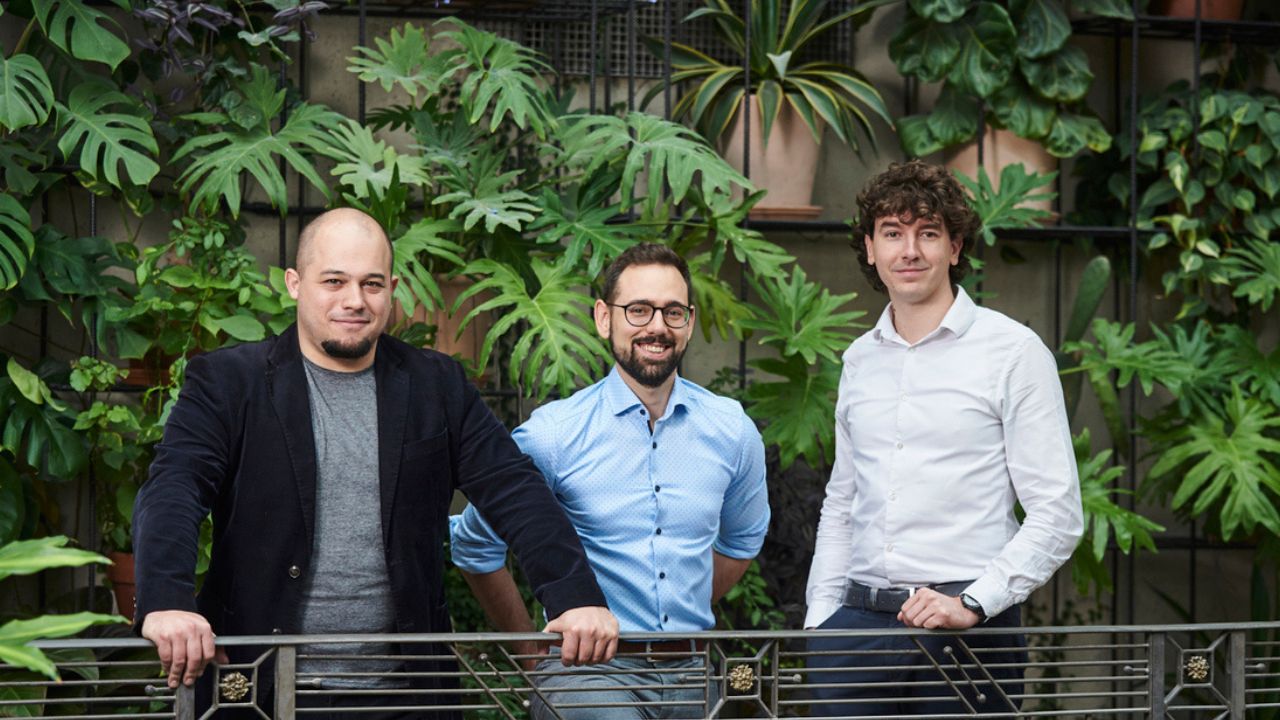Turbine, a London-based startup that's working on cell simulators to predict how patients might benefit from new targeted cancer treatments, has raised €20 million in new funding.
The round is billed as a series A and has attracted backing from pharma giant Merck & Co's strategic investment fund MSD Global Health Innovation.
The corporate VC co-led the round with UK-based investment fund manager Mercia's North Venture Capital Trust funds.
Also participating were Day One Capital and some of Turbine's existing investors, namely Accel, Delin Ventures and XTX Ventures.
Turbine's technology emerged from faculty research at the Technical University of Budapest. The company was spun off from the Hungarian IP by the inventors, Kristof Szalay, Daniel Veres and Szabolcs Nagy.
While Turbine has since relocated its HQ to the UK, it still has a lab in Budapest. Together, the two offices are working closely with pharmaceutical companies to build simulations that can help "understand" and "overcome" cancer drug resistance.
According to Turbine, big pharma firm Bayer and at least two other global pharma entities are already partnering the university spinout to try its simulated cell platform on "dozens of clinically validated drug targets."
Targets refer to the proteins in cells that cause cancer, which are usually missed by existing computational models.
David Rubin, managing director of MSD Global Health Innovation Fund, said he welcomed the opportunity to enable Turbine's "growth and expansion."
"We believe Turbine’s Simulated Cell has the potential to transform key aspects of the oncology drug discovery and development process, providing insight at scale that will shed light on even the most challenging biological mechanisms,” Rubin added.
Every failed drug candidate is of considerable disappointment to the scientists involved. And Turbine's CEO, Szabolcs Nagy, says this proved to be the key motivation for his team.
"The idea sprung from our frustration that experiments frequently lead to expensive and time-consuming drug development failures,” Nagy said.
"We’ve come a long way since 2016, when a handful of biologists and data scientists bootstrapped a technology to predict experiments better reflecting patients and more likely to translating in the clinic."



Would you like to write the first comment?
Login to post comments